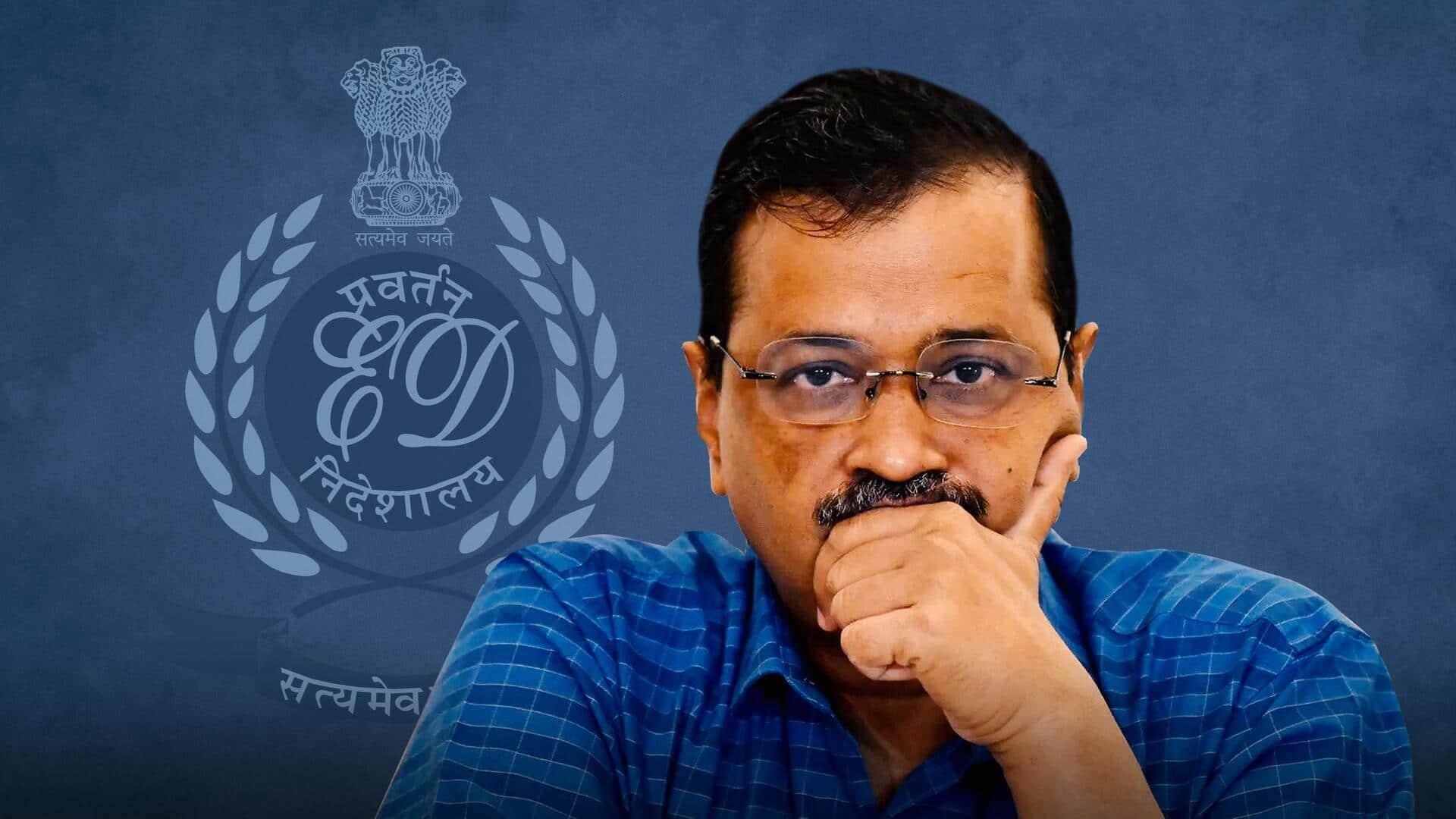
Delhi excise policy case: Kejriwal may skip 4th ED summons
What's the story
Delhi Chief Minister Arvind Kejriwal will likely skip the fourth summons by the Enforcement Directorate (ED) on Thursday for questioning in connection with the Delhi excise policy case, reports said. Kejriwal, who previously ignored three ED summons from the probe agency, will leave for Goa for a three-day tour on Thursday as the Aam Aadmi Party (AAP) prepares for the upcoming Lok Sabha elections.
Context
Why does this story matter?
The AAP supremo has previously declined three ED summons -- on November 2, December 21, and January 3 -- terming them illegal. The ED has named Kejriwal several times in its chargesheets. The agency has said that the accused in the case were in contact with him over the preparation and implementation of the now-scrapped policy. To be sure, law allows an individual to ignore summonses on three occasions before the investigative agency can secure a non-bailable warrant against them.
Details
Will act as per law: Kejriwal on ED summons
Addressing an event where he was interacting with pilgrims leaving for Dwarkadheesh in Gujarat, Kejriwal was asked about the ED summons. "We will do whatever needs to be done according to the law," he told reporters, in response to the query. An officer in Kejriwal office said that the Delhi chief minister is scheduled to leave for Goa on Thursday as per his pre-announced schedule.
What Next?
BJP attacks Kejriwal over skipping ED summons
The Bharatiya Janata Party (BJP) has attacked the AAP national convener for "evasive behavior." "CM Kejriwal is behaving like a fugitive, but the law will soon reach him," Delhi BJP spokesperson Praveen Shankar Kapoor said. "The day ED takes cognizance of his evasive behavior and takes stern action against the CM, then Aam Aadmi Party will start playing the victim card," he added.
Insights
What is the Delhi liquor scam case
In November 2021, the Delhi government implemented the revamped liquor excise policy. However, it decided to scrap it less than a year later amid extensive corruption allegations. Central investigation agencies alleged that wholesaler profit margins were artificially boosted to 12% from 5%. It also claimed that the regulation promoted cartelization and profited those ineligible for liquor licenses for economic gain. Meanwhile, the Kerjiwal-led Delhi administration denied the charges and said that the strategy would've raised revenue.